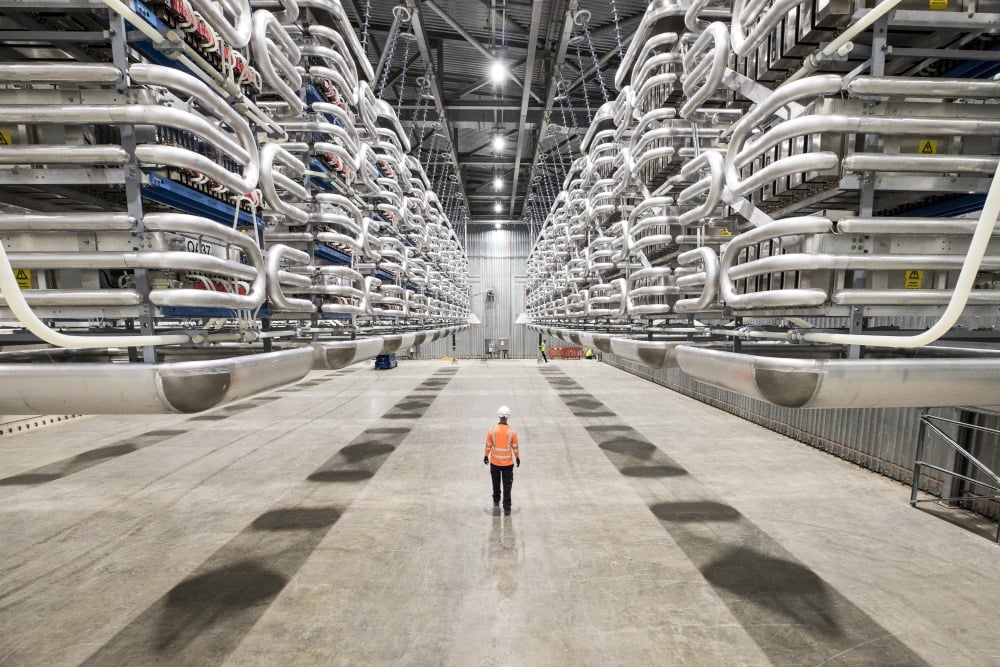The UK and France have signed an energy-based partnership that could see electricity interconnection capacity between the two countries increase by up to two thirds.
The countries already share three interconnectors with a capacity for 4GW of electricity. Scaling these by two thirds would increase the capacity by 2.66GW to 6.66GW, subject to regulatory approval, and could prove pivotal in assuring energy security and supporting net zero prospects. The UK pre-established an aim to have at least 18GW of interconnection capacity by 2030.
In addition to interconnection capacity, the UK and France will bolster nuclear cooperation and reduce the reliance on civil nuclear goods from Russia furthering boosting energy security measures. The two countries have already cooperated on nuclear and thus this will further strengthen the nuclear sectors.
For the UK’s nuclear sector, France has played a significant role in scaling the technology via the state-owned French company EDF. EDF’s UK-based nuclear generation fleet delivered 43.6TWh of low carbon power throughout 2022 representing a 1.9TWh increase on 2021.
The company is also leading the development of Hinkley Point C, a 3.2GW nuclear power station being developed in Somerset. The project has seen several rises in predicted costs since it was first announced and last month, the estimated cost rose to £32.7 billion.
EDF is also leading the development of Sizewell C, a 3.2GW nuclear plant in Suffolk, which sparked intervention from the UK government last year via a £700 million investment. The government stated at the time this historic investment marked the “first state backing of a nuclear project in over 30 years in the UK”.
The newly announced agreement also commits France and the UK to work together, along with other G7 leaders, to take concerted action to cut reliance on civil nuclear and related goods from Russia, including working to diversify their supplies of uranium and nuclear fuel production capability.
“Successful economies need plentiful and reliable energy. Putin’s barbaric invasion of Ukraine has demonstrated that energy security can only be achieved by working with our international friends. We are already partnering with France through these energy interconnectors, but we share the ambition to go much further,” said Energy Security and Net Zero Secretary Grant Shapps.
“Today’s agreement could lead to two thirds boost in our interconnected power bringing more energy security and independence to the UK and France.”
Other low carbon technologies will be explored via the agreement to remove potential barriers. This includes both hydrogen, which France is aiming to use in its power system, and carbon capture and storage (CCUS) which could boost job creation and lay the foundation for the countries’ net zero future.
Current±’s publisher Solar Media will host the Green Hydrogen Summit on 18-19 April 2023 in Lisbon. The event will explore green hydrogen role in shipping, its production, supply chains, financing and renewable hydrogen derivatives and their applications. For more information, go to the website.






